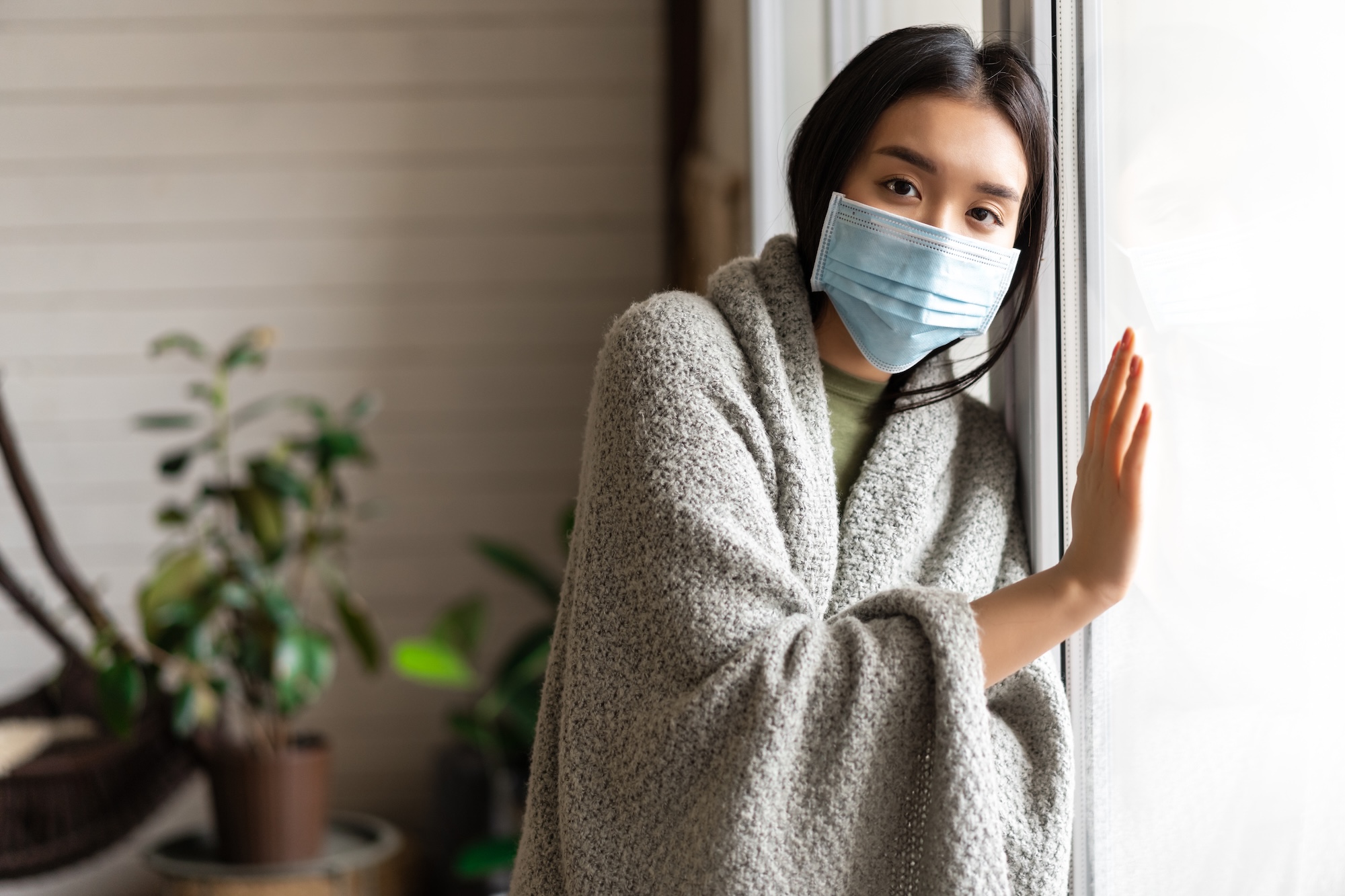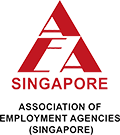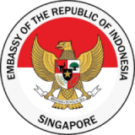As an employer of a domestic helper in Singapore, you have both legal obligations and moral responsibilities when your helper falls ill or sustains an injury. Understanding the proper procedures not only ensures compliance with Singapore’s employment laws but also demonstrates compassion and care for someone who plays a vital role in your household.
At Hire A Maid, we believe that responsible employment goes beyond hiring. It includes providing proper care and support throughout your helper’s journey. That’s why we’ve put together this comprehensive guide to help you understand what to do when your domestic helper is unwell or injured, from immediate response to long-term recovery and compliance with MOM regulations.
Understanding Your Legal Obligations
Singapore’s Employment Act and Work Injury Compensation Act provide clear guidelines for employers regarding domestic helpers healthcare and injury compensation. As an employer of a domestic helper in Singapore, you are legally required to provide medical care and may be liable for work-related injuries. The Ministry of Manpower (MOM) has specific regulations that govern the employment of foreign domestic workers, including provisions for medical care during illness or injury.
Your primary legal obligations include ensuring your domestic helper receives appropriate medical treatment, maintaining proper documentation of the incident, and potentially providing compensation for work-related injuries. Failure to meet these obligations can result in penalties, including fines and difficulty in securing future work permits for domestic helpers.
How To Handle Medical Emergencies Involving Your Domestic Helper
When your domestic helper becomes unwell or injured, your immediate response is crucial. First, assess the severity of the situation. For minor ailments like common colds or small cuts, basic first aid and over-the-counter medications may suffice initially. However, for more serious conditions, injuries, or when you’re uncertain about the severity, seeking medical attention should be your priority.
If the situation is life-threatening or requires emergency care, call 995 immediately for ambulance services. Do not hesitate to seek emergency medical help if your helper experiences severe symptoms such as difficulty breathing, chest pain, severe bleeding, loss of consciousness, or signs of a stroke or heart attack.
For non-emergency situations, you should still arrange for medical consultation within a reasonable timeframe. Many employers make the mistake of waiting too long, hoping the condition will improve on its own, which can lead to complications and may be viewed unfavorably by authorities if the situation escalates.
How To Choose The Appropriate Medical Care For Your Domestic Helper
Singapore offers various medical care options, and choosing the right medical care for a domestic helper depends on the severity of the condition and your helper’s specific needs. For routine illnesses, polyclinics provide affordable basic healthcare and are often the first point of contact for non-emergency medical issues. The subsidized rates at polyclinics make them cost-effective for treating common ailments like fever, cough, or minor injuries.
For more specialized care or when polyclinic waiting times are too long for the condition, private general practitioners or specialist clinics may be more appropriate. While more expensive, private healthcare often provides faster access to treatment and may be necessary for certain conditions.
Hospital care becomes necessary for serious injuries, conditions requiring specialized treatment, or when your helper’s condition deteriorates despite initial treatment. Emergency departments are equipped to handle urgent medical situations, while specialist departments can address specific health issues.
How To Stay Organised: Save All Medical And Incident Records
Proper documentation is essential for both legal compliance and practical management of your helper’s healthcare. Start by maintaining a health record that includes details of the illness or injury, including when it occurred, symptoms observed, and any circumstances that may have contributed to the condition.
Keep all medical receipts, prescriptions, medical certificates, and treatment records. These documents serve multiple purposes: they provide proof of medical expenses for potential insurance claims or compensation, demonstrate that you have fulfilled your duty of care, and help track your helper’s medical history for future reference.
If the injury is work-related, detailed documentation becomes even more critical. Record the exact circumstances of the injury, including time, location, what your helper was doing when the injury occurred, and any witnesses present. Take photographs if appropriate and safe to do so, as visual documentation can be valuable for insurance or compensation claims.
Work Injury Compensation Considerations
Under Singapore’s Work Injury Compensation Act, workers who suffer injuries arising out of and in the course of employment are entitled to compensation. This applies to domestic helpers as well. Work-related injuries can include accidents that occur while performing household duties, injuries sustained while running errands for the employer, or health conditions that develop due to work-related activities.
If your helper’s injury is work-related, you must report it to your insurance company and potentially to MOM, depending on the severity. The compensation may cover medical expenses, temporary or permanent disability compensation, and in tragic cases, death benefits for the helper’s dependents.
However, determining whether an injury is work-related can sometimes be complex. Injuries that occur during working hours while performing assigned duties are typically considered work-related. Injuries that occur during personal time or due to personal activities may not be covered under work injury compensation, though you may still have obligations to provide medical care.
Managing Your Domestic Helper Medical Costs And Insurance
Medical expenses can accumulate quickly, especially for serious conditions or extended treatment periods. Understanding your financial obligations and available insurance coverage is crucial for managing these costs effectively.
Most domestic helper insurance policies include medical coverage, but the extent of coverage varies significantly between policies. Review your insurance policy carefully with your maid agency in Singapore to understand what is covered, including coverage limits, exclusions, and claim procedures. Some policies may have separate coverage for work-related and non-work-related medical expenses.
How To Manage Household Operations During Helper’s Recovery
When your helper is unwell or recovering from an injury, you’ll need to adjust household operations accordingly. The extent of adjustments depends on the severity of their condition and their ability to perform various tasks.
For minor illnesses, your helper may be able to continue with light duties while avoiding strenuous activities. However, for more serious conditions or injuries, complete rest may be necessary. Plan alternative arrangements for essential household tasks, which might include hiring temporary help, redistributing tasks among family members, or utilizing external services.
Consider the recovery environment as well. Ensure your helper has a comfortable, quiet space to rest and recover. This might mean adjusting their sleeping arrangements temporarily or providing additional amenities to support their recovery.
Return To Work Considerations
Before your helper returns to full duties, ensure they are medically cleared to do so. This may require a medical certificate or clearance from their healthcare provider. Rushing the return to work can lead to complications, reinjury, or prolonged recovery periods.
Consider implementing a gradual return to work plan for helpers recovering from serious injuries or illnesses. This might involve starting with lighter duties and gradually increasing responsibilities as their condition improves. Monitor their progress closely and be prepared to adjust the plan if complications arise.
Some conditions may result in permanent limitations that affect your helper’s ability to perform certain tasks. In such cases, you may need to modify their job responsibilities permanently or consider whether alternative arrangements are necessary.
How To Maintain Communication With Your Domestic Helper
Maintaining open, compassionate communication with your helper during their illness or recovery is essential for both practical and humanitarian reasons. You may also wish to read one of our blogs on how to educate your helper to take positive steps in managing their well-being, building resilience, and returning to work safely.
Keep your helper informed about medical appointments, treatment plans, and any administrative procedures related to their care. Ensure they understand their rights and the support available to them.
Language barriers can complicate medical situations, so consider arranging for translation services if necessary for Myanmar helpers or Indonesian helpers. Many hospitals and clinics in Singapore have staff who speak multiple languages, but don’t assume this will always be available. Having important medical information translated or having a translator present during medical consultations can ensure your helper fully understands their condition and treatment options.
Respect your helper’s privacy and dignity throughout the process. While you have legitimate concerns about their health status, especially if it affects their ability to work, avoid being intrusive or making them feel like their privacy is being violated.
Conclusion
Managing situations when your domestic helper is unwell or injured requires a balance of legal compliance, practical management, and compassionate care. By understanding your obligations, responding promptly and appropriately to medical situations, maintaining proper documentation, and communicating effectively with your helper, you can navigate these challenging situations successfully.
Remember that your helper’s health and wellbeing should be the primary concern, both from a humanitarian perspective and as a practical matter for maintaining a stable household operation. Taking proper care of your helper when they are unwell or injured demonstrates good employment practices and helps build a positive, long-term working relationship.
The key to success lies in preparation, understanding your responsibilities, and responding with both efficiency and compassion when medical situations arise.
Frequently Asked Questions (FAQ) – Domestic Helper Illness & Injury In Singapore
1) What should I do if my domestic helper falls sick in Singapore?
If your domestic helper is unwell, assess the severity first. For minor issues like colds or headaches, basic medication may suffice. For serious symptoms (chest pain, fainting, severe bleeding, breathing difficulty), take her to a clinic or hospital immediately. Employers are required by the Ministry of Manpower (MOM) to provide timely medical attention and cover all medical expenses.
2) Is my domestic helper covered under Singapore’s Work Injury Compensation Act (WICA)?
Yes. If your helper suffers a work-related injury or illness, she is covered under the Work Injury Compensation Act (WICA). This entitles her to medical expense coverage, medical leave wages, and compensation for permanent disability or death. Employers must report serious work injuries to MOM and their insurance provider promptly.
3) How can I tell if my domestic helper’s injury is considered work-related?
An injury is typically work-related if it occurs while performing household duties such as cleaning, cooking, or running errands for the employer.
Injuries during personal time (e.g. on rest days or off-duty activities) are usually not covered by WICA, but employers still need to ensure medical care is provided.
4) What kind of medical insurance must employers provide for helpers?
Employers must purchase medical insurance with at least S$60,000 coverage per year for each foreign domestic worker.
Most maid insurance plans also include personal accident coverage. Always review the policy details — some plans include additional coverage for hospitalisation, outpatient treatment, and repatriation.
5) Do I have to pay for my domestic helper’s medical bills?
Yes. Under MOM regulations, employers are fully responsible for their helper’s medical expenses, regardless of whether the illness or injury is work-related or not.
However, your maid insurance can reimburse part of these costs, depending on your coverage. Always keep receipts, medical certificates, and hospital documents for claims and compliance.
6) What should I record when my helper is injured or sick?
Document all relevant details:
- Date, time, and location of the incident
- Description of the symptoms or injury
- Medical reports, receipts, and certificates
- Witness accounts (if any)
7) What should I do while my helper is recovering?
Give her adequate rest time and adjust household routines. For serious conditions, consider hiring temporary help or sharing household chores. Ensure she has a comfortable and quiet space for recovery.
When she’s ready to return to work, ask for a doctor’s clearance before resuming full duties.
8) How can Hire A Maid assist during such situations?
At Hire A Maid, we help employers manage medical and insurance matters with clarity. Our team provides guidance on MOM procedures, insurance claim documentation, and post-incident support, ensuring both employers and helpers receive the care and protection they deserve.
Ready To Find A Helper Equipped For Tomorrow’s Demands?
Contact us today to discover how our skilled, well-trained Myanmar helper and Indonesian helper can elevate your family life with the professional expertise modern households need.






